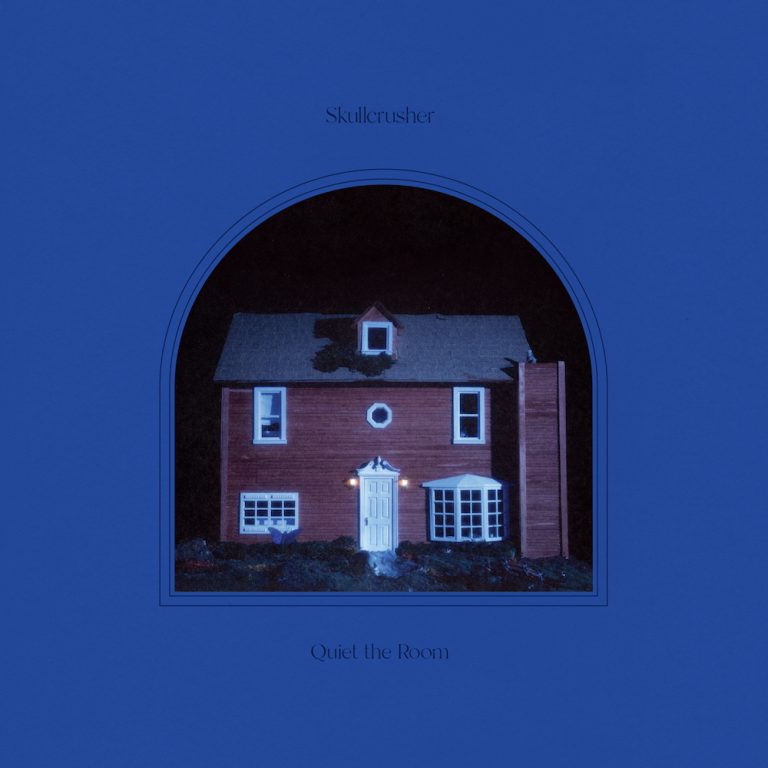These moments stick in my memory: a partner recounting the echoes of a past that isn’t theirs. The story of a funeral, where the (young) priest bumbles the speech and bumps into the container of holy water, spilling it everywhere. The photographs a grandmother had made over the course of her life, lined up to reflect an aesthetic perspective, the individual snapshots creating a choreography of colours and themes.
These moments, adjacent to my life but removed somehow, are memories of somebody else’s memories, post-scripts to people’s life – chapters in biographies unwritten. Maybe that’s why there’s people who are hired by everyday people to write their life stories, to have something bloom which otherwise would wither.
We all do this to ourselves, while we are alive: take dives into the depth of our past, replay, reconfigure sometimes, ‘what ifs’ and charmed embraces of moments we would hope could linger past their point of expiration. Maybe we all charge those moments in pastels – or greys and blacks – they don’t deserve. Maybe how we imagine these memories says more about who we are than who we would like to be. At least, that’s why we admire artists: they can express themselves in ways that make things better. More beautifully. They make things last before they fade away.
Skullcrusher’s debut EP, with its hazy aesthetics, existed in a twilight that characterized a fugue state between the imagined and constant. Employing delay, echoes and minimalist approaches to songwriting and instrumentation, her songs were ethereal gothic tone poems, romantic and suggestive. With Quiet the Room, the Los Angeles songwriter has chosen to fully delve into her own past, and reframe her domestic childhood memories as songs.
In 14 songs – roughly 41 minutes – the musician born Helen Ballentine creates less of a constant narrative than an architecture of themes. Yes, the front cover – depicting a miniature house – is quite indicative of this approach: somewhat gothic in tone, there seems to be much movement within the structure, but the whole remains unchanged and bound within piano, strings and acoustic guitar. The words at times repeat, echo each other like ghosts. Windows and doors make recurring appearances as rooms are described in humble details. Ballentine goes as far as employing Freudian imagery of the soul as a house, bemoaning that windows, which provide insight, still mean a barrier and inability of touch. “And I can’t measure it / The asymptotic miss / The place I want to be / The one I cannot see / The anger in my love / The words I can’t think of / The choices I have made / The parts I can’t explain”, she sums herself up on “It’s Like a Secret”, as the song’s elements slowly disintegrate one by one.
This nature of fragility is suggested throughout – when recordings of childhood voices return from crackling tape, when faint percussions provide a meagre heartbeat, or when – as so often – the music seems to outstretch its physical abilities and breaks down into noise and then just, like that, cut out. There are many folk musicians who have worked with this technique – Azure Ray, Grouper, Sufjan Stevens, Florist, Lingua Ignota and even the latest works of Taylor Swift to a degree – but rarely is it as thematically fitting as here, where Ballentine addresses the very nature of childhood retrospection. But this also makes for an Achilles’ heel: much of it glides by, fades away like the colour in a drying autumn leaf, or a collection of wartime sepia photographs depicting school children. There are hints we see within those glimpsed moments, but the texture of the work makes further context impossible.
In this sense, this work is truly gothic: it’s not addressing monsters or ghouls so much as it presents the listener with walls and windows that hold meaning. The collection of sounds and the cinematic design of those acoustic elements are, in this sense, the very bricks and furniture which represent this body, rendering any optional explanation or prosaic recount of history as vulgar. This would also explain the many instrumentals. Similar to Florist’s self titled record from earlier this year, these interludes express the very things the sparse lyrics conclude are inexpressible: “Pressed myself in / Words you wrote / Did you mean them? / Did you know? / I was standing / Behind the door / Would you notice / If I let go?” The questions remain without answer, light simply fades in one room, making way for illumination of another.
Ultimately, we can’t change the memories. Yes, people pass away, and – talking of gothic imagery – houses get torn down. This is what we grapple with, this is our nature: to understand that some things can never be solved, and some things simply remain within the attic, collecting dust among the spiderwebs. This might crush the skulls of some, and make the rain come in, but Ballentine leaves this project with some hope. “I am the letter sitting on your desk / I contain all of the loneliness / You won’t share with your friends or even your closest confidants / You are the walls and floors of my room / You contain my body and all of my moods / I fill you with objects that care for me too”, she sings on “You are my House”. The final lines echo a beauty we rarely find these days: “I sink my feet into you / I’m aware of my weight and the ways that it affects you.“ As fleeting an experience as this is, it’s still emotionally moving and deeply affecting. Within its ambition, and for those who are open to its fainting beauty, it contains entire worlds.

